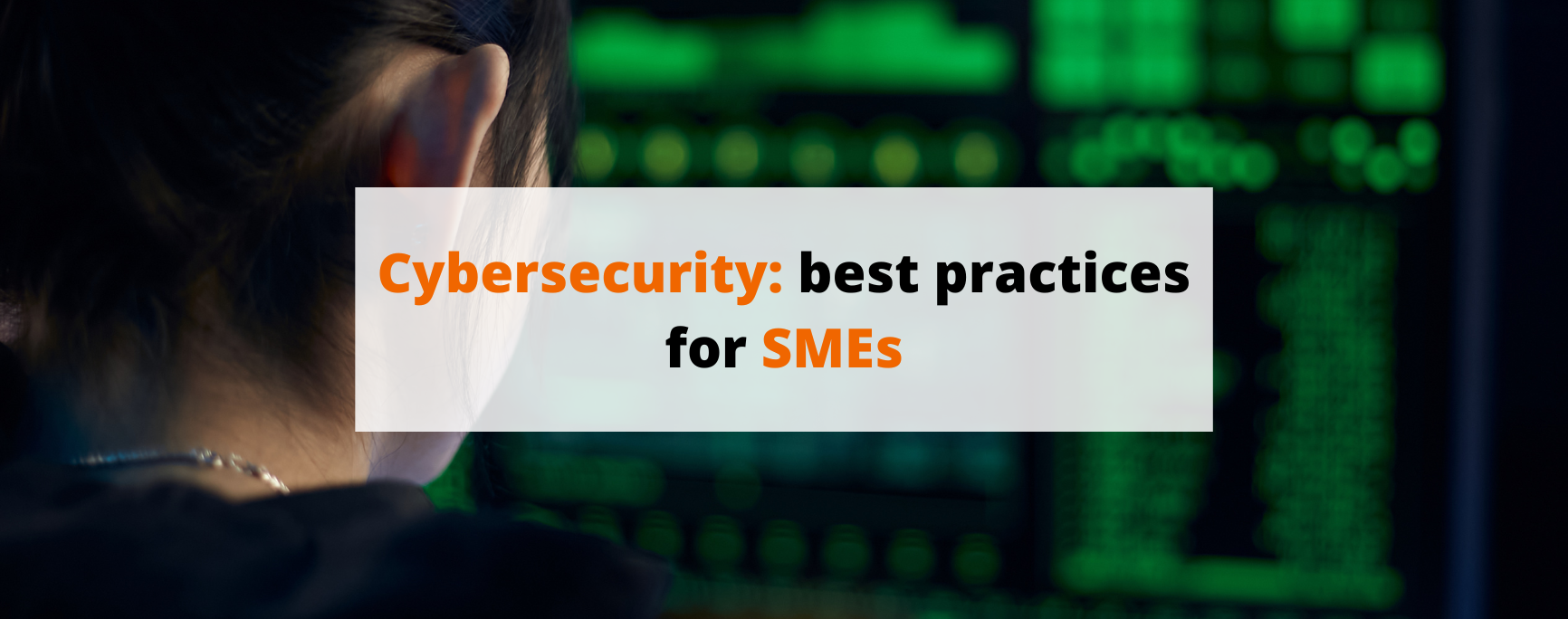
How to organize Cyber security for SME
“The executive role of cybersecurity is important for any type of organization. There are cost-effective solutions to ensure good governance of cyber risks for organizations of all sizes. A CISO-360 diagnosis can indicate how to remedy the situation.”

Best cybersecurity governance practices dictate that we separate the roles of the security officer (CISO) and the IT manager (CIO). But is this possible for a small organization?
I have observed how security governance is organized among many clients. The financial and human capacity of smaller organizations forces them to pair these roles, and that is entirely understandable. However, these two roles can be contradictory. The CIO’s priority is to ensure that systems are available as quickly and easily as possible, while the CISO’s role is to put controls in place that can make systems more difficult to access. Which action takes priority? Availability. A concrete example: if the technician responsible for daily security control checks receives user requests because a system is unavailable, their priority will be dedicated to addressing it. The IT team will be judged on their responsiveness to users. This is the right behavior to adopt, but at the expense of cybersecurity.
There are several options to remedy this. One option is to outsource cybersecurity monitoring services. The options are numerous, and organizations will have access to tools and a team with a very high level of knowledge of cyber threats. But this is not enough. A healthy cybersecurity program includes hundreds of controls, both strategic and tactical. Putting them in place and maintaining them requires rigor.
This is where the CISO comes in on demand. An external, qualified, and neutral security officer. Executives must have a clear way to assess and understand, in clear language, the level of risk of their organization at all times. Attacks are a real risk for organizations, and experiencing one can freeze operations for several weeks. By outsourcing cybersecurity monitoring services or hiring an external security officer, small organizations can access cybersecurity experts to help them implement these security practices. This also allows them to benefit from an independent evaluation of their cybersecurity program to identify risk areas and necessary improvements.
Companies conduct financial audits to validate the regularity, compliance, and ensure an accurate view of the accounting state. This is precisely what organizations must do with their cybersecurity program.
We invite you to contact us if you want more information on this topic and visit the Eficio website. We have a range of strategic solutions that allow organizations to manage their cyberrisks.
Subscribe to the Eficio newsletter and be the first to receive our updates!

